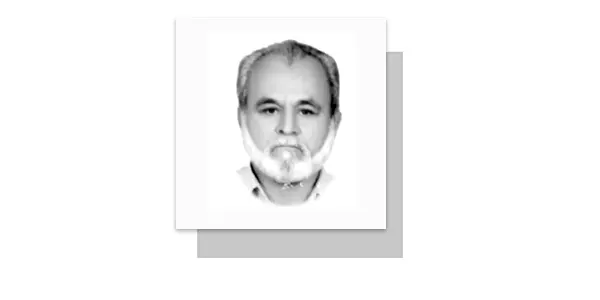KHUTBAS, or sermons, were and are meant to inform the Ummah about the latest developments in socio-geo-econo-political matters at national, regional and global levels. But in practice, sermons often rely on texts from bygone eras, failing to address contemporary concerns. Times have changed, significantly impacting life, needs, plans, achievements, gains, losses and future challenges. This calls for a greater urgency to inform the Ummah about evolving global, regional and national constraints. Islamic scholars should consider how to align Jummah khutbas with these transformations so that individuals within the Ummah remain aware of impactful developments. Could imams include a Quranic verse along with its contextual relevance to address these matters? Challenges also arise due to the absence of a consensus-based institution of Ijtehad, leading to fragmentation and inconsistency in addressing modern issues.
Ours is an age of technological and scientific advancements, coupled with additional socio-religious service obligations, which at times lead to differences of opinion. To resolve such differences, Islam advocates for the activation of the institution of Ijtehad. Throughout his life, Allama Iqbal consistently emphasized the need for establishing an Ijtehad body for the Ummah. For instance, while worldly constitutions often recognize the right of citizens to protest, verse 33 of Surah Al-Maidah prescribes clear and appropriate punishment for actions that disrupt societal peace, regardless of the pretext or name under which they occur.
The State of Pakistan has Islamic National Constitution and an Islamic Ideology Council to take up for guidance of govt/institutions and the nation what is right and wrong before the Almighty. But it apparently seems the Council never dares deal with such vital matters. And for the constitution to uphold lawlessness in the form of public protests is doubly surprising and shocking. Everyone is observing that in our national elected houses matters of people’s interests and welfare are not spoken out freely, instead fiery debates go on for matters least connected directly with the people. Again an example, modern day prosperity of individuals, nations is impossible without tech, skills education and training. But no budgetary provision for these people’s-wished-for facilities is seen in the current provincial and federal budgets. Horrendous shock!
Regarding the religious factions in Islam: followers of Islam adhere to the practices and precepts of the Last Prophet of Islam (PBUH) while also seeking guidance from the Quran. Apart from the obligatory Allah-ordained units of prayer (Farz), Muslims can offer optional prayers (Nawafil) in any number. The five mandatory daily prayers prescribed by Allah are: (i) morning (Fajr) prayer, (ii) mid-day (Zuhr) prayer, (iii) afternoon (Asr) prayer, (iv) after sunset (Maghrib) prayer, and (v) night (Isha) prayer. Optional prayers are additional offerings by believers as a token of their submission to and love for Almighty Allah/God.
Prayer/Namaz can be offered with frontal bound hands as well as with open slide sloping hands; both these prayer postures are allowable as the Holy Prophet( PBUH) practiced in his life both ways. All believers in revealed religion, Islam, are faithful and true by their ways so long as copying the practice of the Prophet Mohammad PBUH. An amount of nuance here is that whoever believes in hands bound or hands downed upholds the belief that he/she is the only righteous follower of the Prophet minding little that the Prophet of Islam practiced both ways. He practiced both ways for the ease of the believers. So both groups of followers are right as both follow the practice of the Prophet.
Islam is a religion approving of religious consensus (ijtehad); but the little luck is that the institution of Ijtehad has not been formed by any out of the existing total 57 Muslim states; why this neglect? Answer is plain enough; the government managers are afraid that if the institution of Ijtehad comes into being their wishful laws, enactments, commands would no longer have the justification of their practical operation; so, the managers may lose their self-engineered authority to rule. Not only content to this neglect, in all Muslim states, economics and observances of routines have been borrowed from the West; there is no distaste to adopt good things from any good base but when Islam provides expressly a religiously sanctified life routine then that must be given priority in practice.
Another running example: a recent fatwa by the Islamic Ideology Council against the Internet/VPN as un-Islamic is much publicised by media; truths, likes and dislikes may be there; but I want to seek the attention of all those authorised to hand down right advice to the government that how come peace disturbing public protest is allowed under the national constitution of Pakistan when the verse 33 of the Surah Al-Maidah recommends condign punishment for any act that disturbs the societal peace; peace breaking is classed in the Holy Quran as MISCHIEF/Fasaad; anyone can read that verse. So, serious matters should attract serious attention of all concerned. Islam is a religion of peace; Islam literally means surrender, surrender to the Will of God/Allah Almighty.
—The writer, a retired Secretary in AJK Govt, is a senior columnist, based in Rawalpindi.
(shaheenalvi52@gmail.com)










